Uncategorized
-
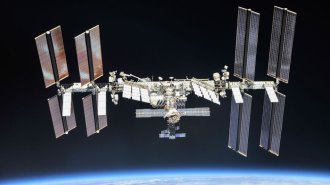 Microbes
MicrobesIf bacteria band together, they can survive for years in space
Tiny clumps of bacteria can survive at least three years in outer space, raising the prospect of interplanetary travel by microbial life.
-
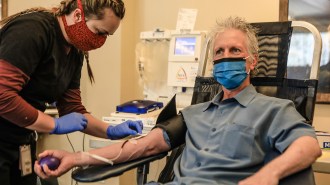 Health & Medicine
Health & MedicineCOVID-19 plasma treatments may be safe, but we don’t know if they work
Blood plasma from COVID-19 survivors can be used to treat hospitalized patients, FDA says, but researchers question how well it works.
By Jonathan Lambert and Tina Hesman Saey -
 Health & Medicine
Health & MedicineWhat we can learn from how a doctor’s race can affect Black newborns’ survival
When Black physicians attended Black newborns after a hospital birth, it reduced the mortality gap between Black and white babies.
-
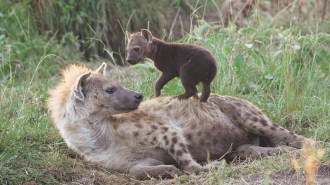 Animals
AnimalsFemale hyenas kill off cubs in their own clans
Along with starvation and mauling by lions, infanticide leads as a cause of hyena cub death. Such killings may serve to enforce the social order.
-
 Health & Medicine
Health & MedicineA man in Hong Kong is the first confirmed case of coronavirus reinfection
During a 33-year-old man’s first round with the virus, he had symptoms, but not the second time — a hint his immune system protected him from disease.
-
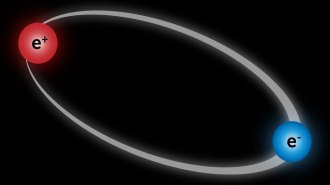 Quantum Physics
Quantum PhysicsA measurement of positronium’s energy levels confounds scientists
A gap in the energy levels of positronium seems to be substantially larger than predicted, and physicists don’t know why.
-
 Health & Medicine
Health & MedicineNew treatments aim to treat COVID-19 early, before it gets serious
Some new drugs that may stop the coronavirus from getting into cells, or from reproducing itself, may treat the illness as soon as it’s diagnosed.
-

-

When science doesn’t yet have the answers
Editor in chief Nancy Shute writes about going back to school in the midst of a pandemic.
By Nancy Shute -
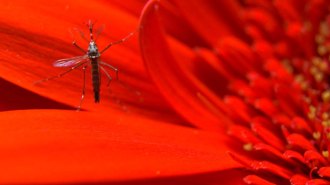 Animals
AnimalsGenetically modified mosquitoes have been OK’d for a first U.S. test flight
After a decade of heated debate, free-flying swarms aimed at shrinking dengue-carrying mosquito populations gets a nod for 2021 in the Florida Keys.
By Susan Milius -
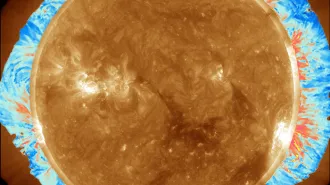 Astronomy
AstronomyCheck out the first-ever map of the solar corona’s magnetic field
Solar physicists watched waves in the sun’s corona to map the whole corona’s magnetic field. Future observers could use the same technique to predict solar eruptions.
-
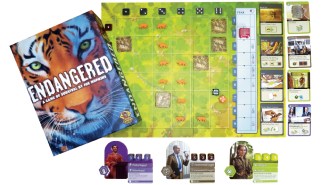 Science & Society
Science & SocietyThe board game Endangered shows just how hard conservation can be
The new board game Endangered shows how working together is the only way for conservation to succeed.